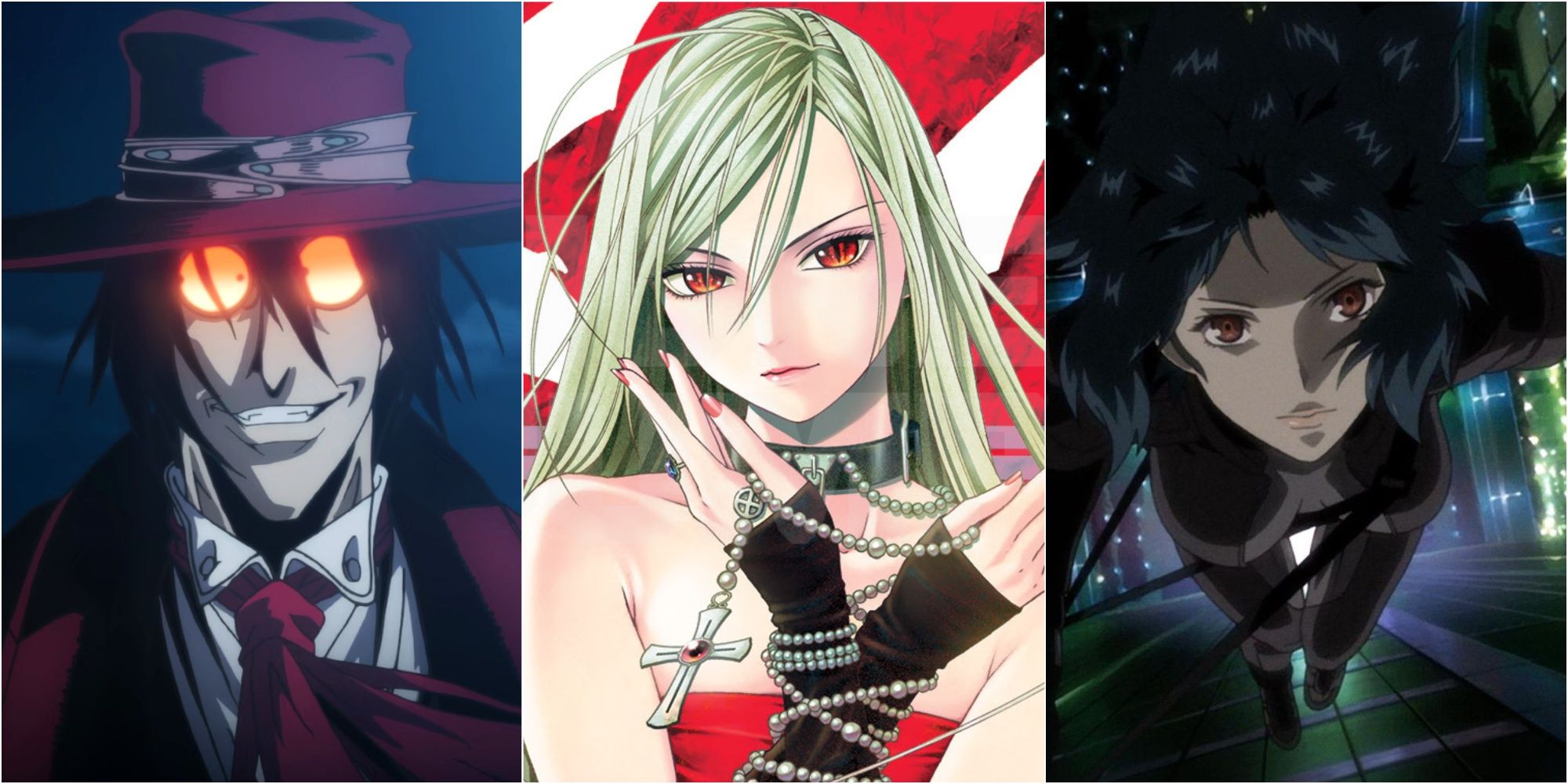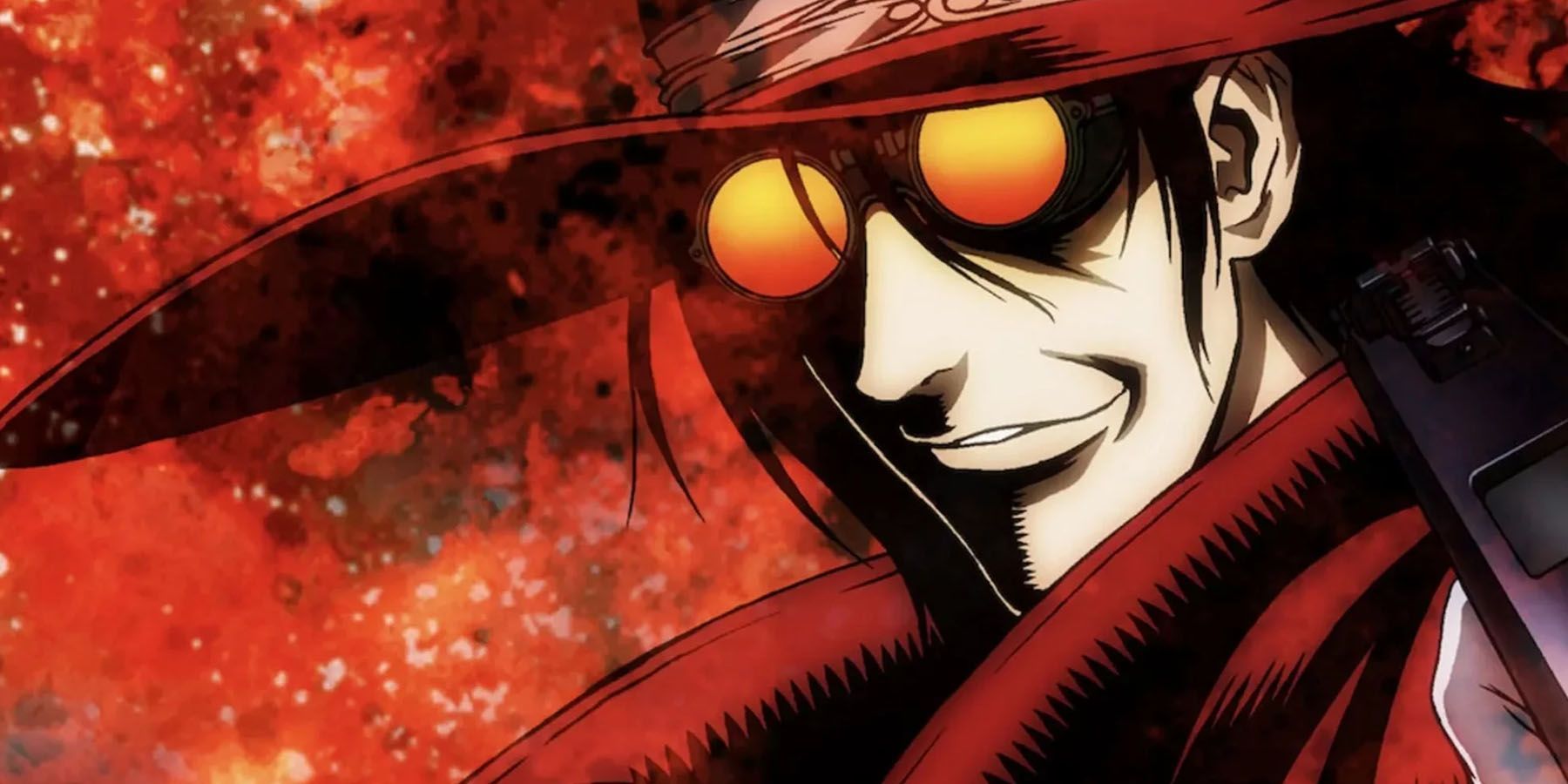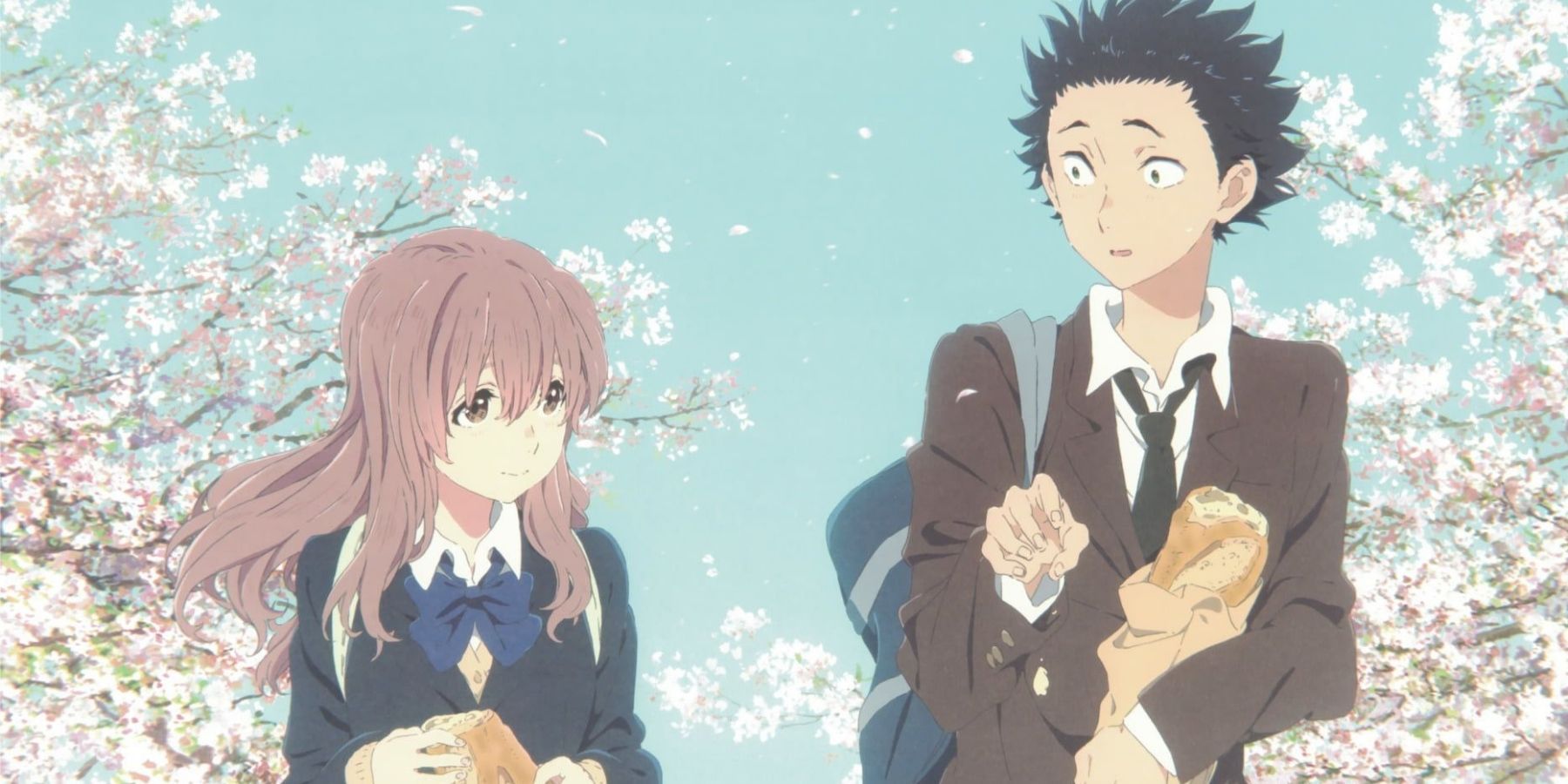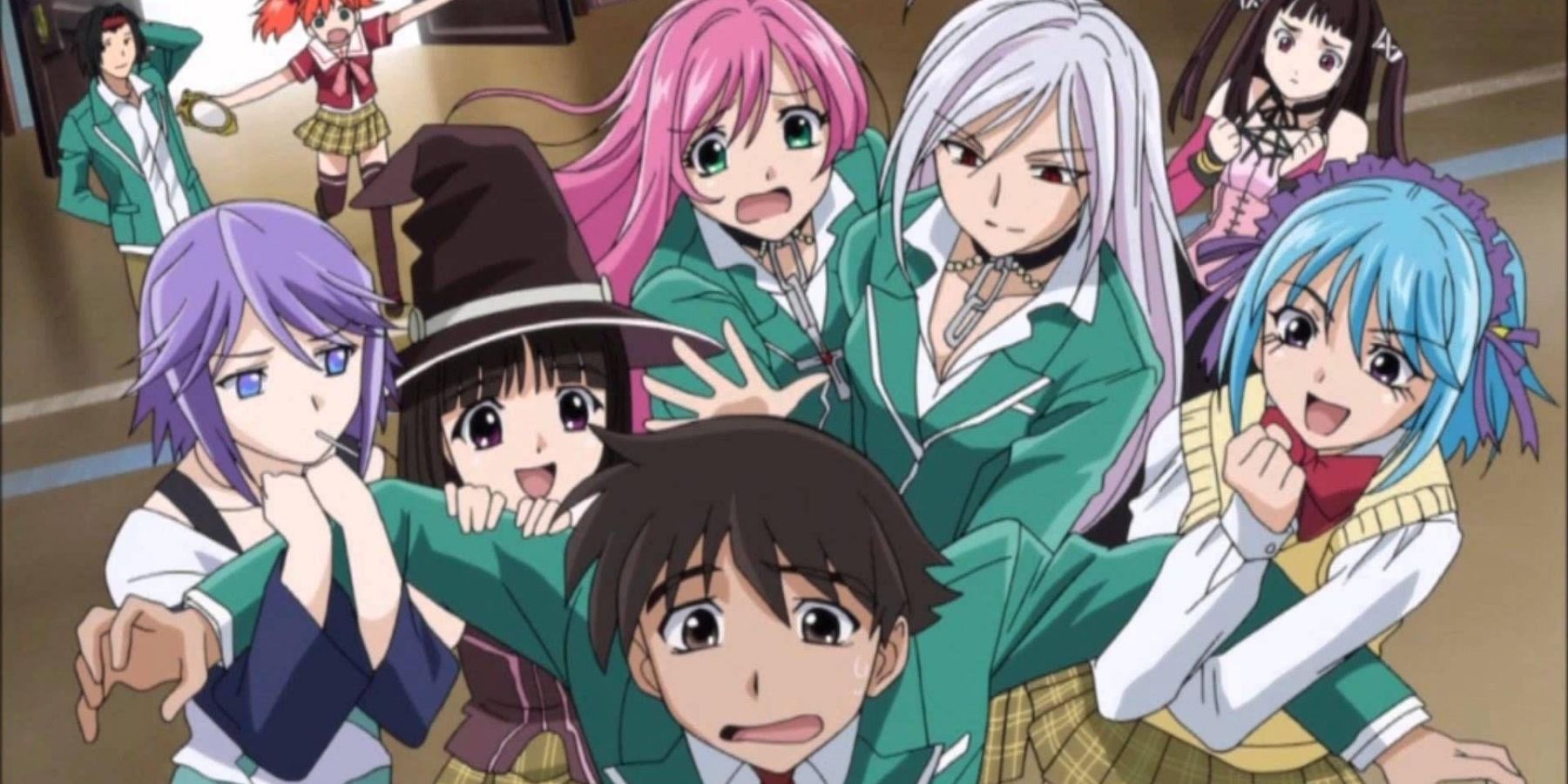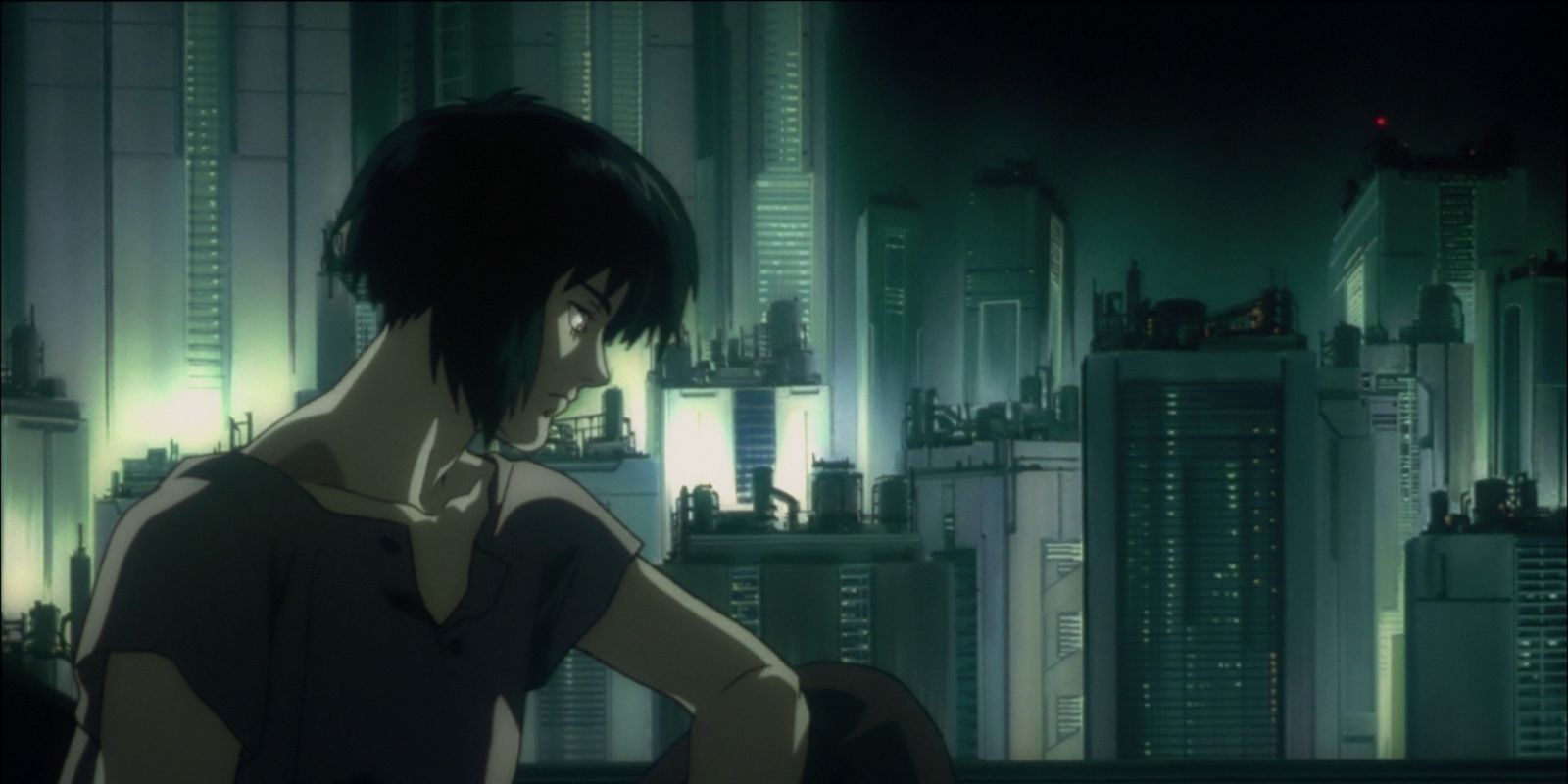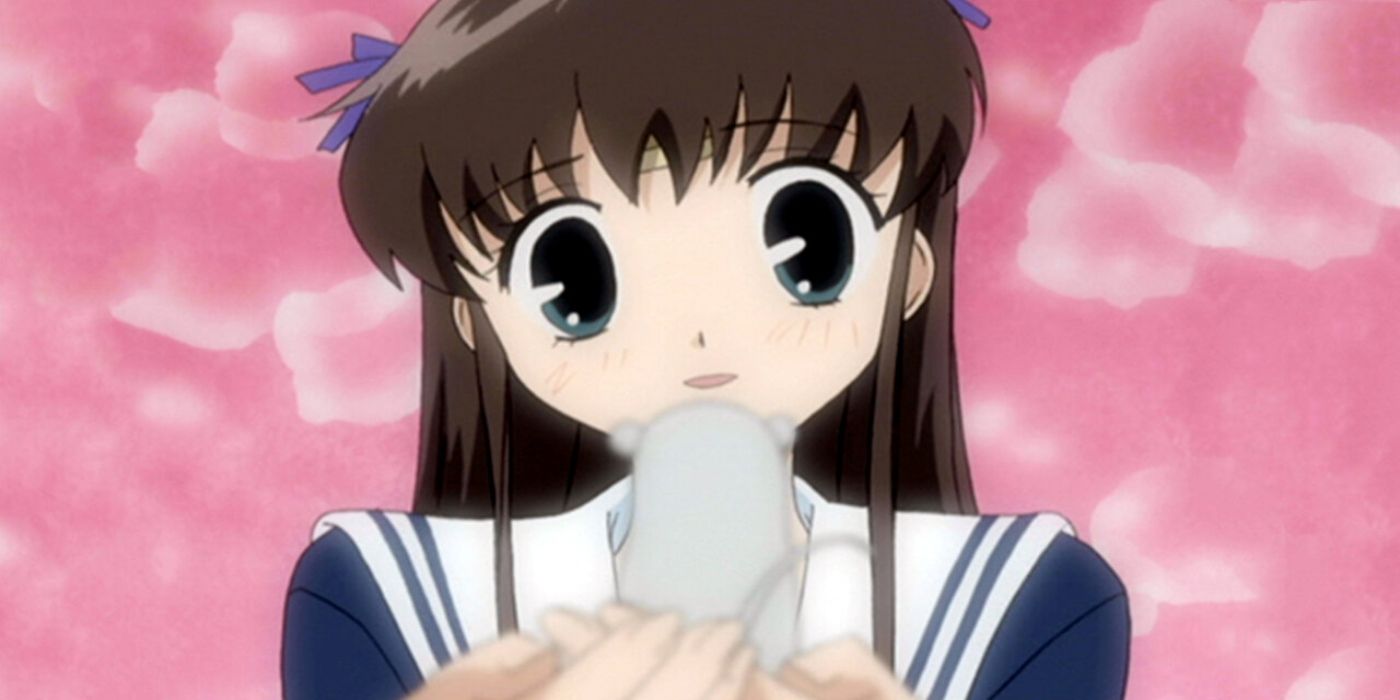From black and white panels to rich and vivid frames, the process of adapting anime is inundated with intricacies and delicate considerations, giving way to several deviations from the original source. The transition from one media format to another is often prone to significant changes, either to better suit the audiences or to workaround production and censorship issues.
While most anime adaptations tend to remain faithful to the manga, some take their creative liberties a bit too far by changing the manga's tone entirely. For some, the changes in tonality land positively with the audiences. Others, however, face a slew of critique and controversies from avid manga readers. These changes range from altered narratives to unexplored storylines, though the most common deviation is that of core themes and undertones.
5 Hellsing
Between the two anime renditions of Kouta Hirano’s famed manga Hellsing, one takes a different approach with its tonality and pacing. The first adaptation aired just a few years after the manga’s initial release, forcing Studio Gonzo to use the manga’s characters and base premise and add a twist of their own to the story. Since the manga was still in its early stages, the studio was forced to introduce new conflicts, characters, and a satisfying conclusion.
This resulted in a series that focused more on the Hellsing Organization’s inner workings, rather than the imminent war with the Nazi remnants. The adaptation's pacing was also much slower, since it focused more on the characters instead of the greater world events that were brewing just outside of England. The manga also focused on the gory side of things with swaths of violent deaths and bloodshed, something the anime failed to incorporate in its setting.
4 A Silent Voice
A Silent Voice’s critical acclaim speaks volumes of the adaptation's success, bringing the mature and dark side of anime to the big screen. While the film’s success may prompt many to assume the anime stayed loyal to the manga, the actual tonality and pacing of the story differs considerably in each medium. With censorship issues and length constraints in movie adaptations, it's understandable for several chunks of the manga to be cut out.
The characters’ backstories and a handful of emotional scenes were lost to the transition, leaving many aspects of the story unexplored. The pacing of the movie also took a hit, creating gaps in the story that could only be filled by delving into the manga. While the shift in the manga’s tone may not be that major, it was enough to create a significant gap in the intensity of emotions between the two versions of the story.
3 Rosario + Vampire
Rosario + Vampire has garnered a reputation as a raunchy fanservice anime, with ecchi harems etched in every corner. The interspecies affairs further crank up the show’s absurdity, deviating significantly from the manga’s intentions. The anime takes these incidents in a comedic, light-hearted manner, with sexual exploits taking center stage for most parts of the series. The core issues explored in the manga get sidelined entirely for the sake of adding sexual comedy into the mix.
The first season of the series remains somewhat faithful to the manga, with most of the injustices to the story present in the second season. The manga had several pressing undertones, such as accounts of racism between humans and youkai, that never made it to the adaptation. The end result makes the anime seem like nothing more than a comedy with lots and lots of fanservice, foregoing any semblance of an actual premise.
2 Ghost in the Shell
With several anime, film, and live-action adaptations under its belt, the Ghost in the Shell franchise is one of the most successful in the anime industry. Many recognize the franchise for its heavy-hitting themes and dark cyberpunk aesthetics, yet most remain unaware of the franchise’s true beginnings.
The original manga of Ghost in the Shell featured a more explicit narrative, one geared towards older audiences. With adult humor and scenes of sexual nature, the manga portrayed the series as nothing more than an adult comedy. It wasn’t until the 1995 movie adaptation of the manga that shifts in the characters and core subtexts were witnessed, giving way to an in-depth story with a thought-provoking premise.
1 Fruits Basket
One of the early 2000s’ hit shojo series, Fruits Basket was adapted from Natsuki Takaya’s manga that had just recently launched in 1998. When the adaptation became a hit three years later, Studio Deen eventually had to take a few creative liberties, since the anime had caught up to the manga quite early on. The deviations in the storyline entirely changed the manga’s original tone, turning the adaptation into an entirely different version of the manga.
The anime adaptation solely focused on the comedic aspects of the manga, foregoing most of the manga’s core narratives. Throughout the anime’s production, Takaya voiced many concerns to the studio director over matters such as coloring, casting, and storytelling details, eventually stating her dislike for the adaptation.

